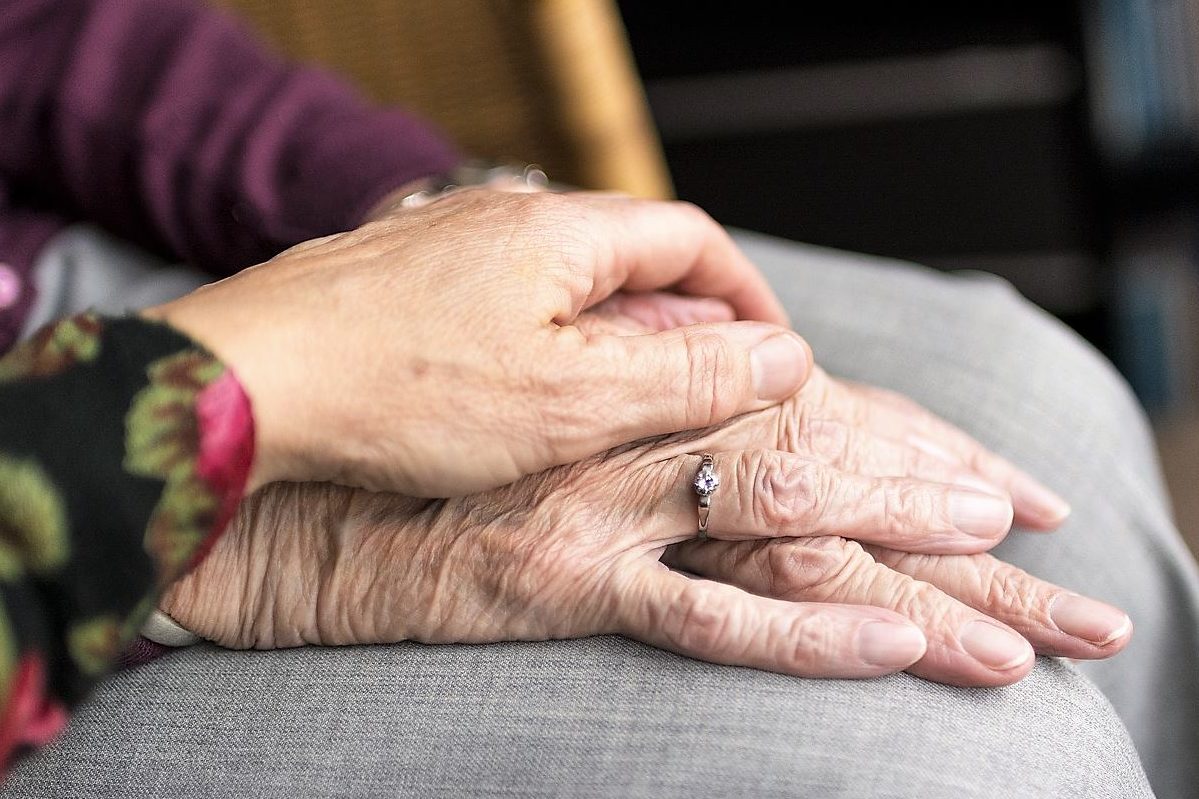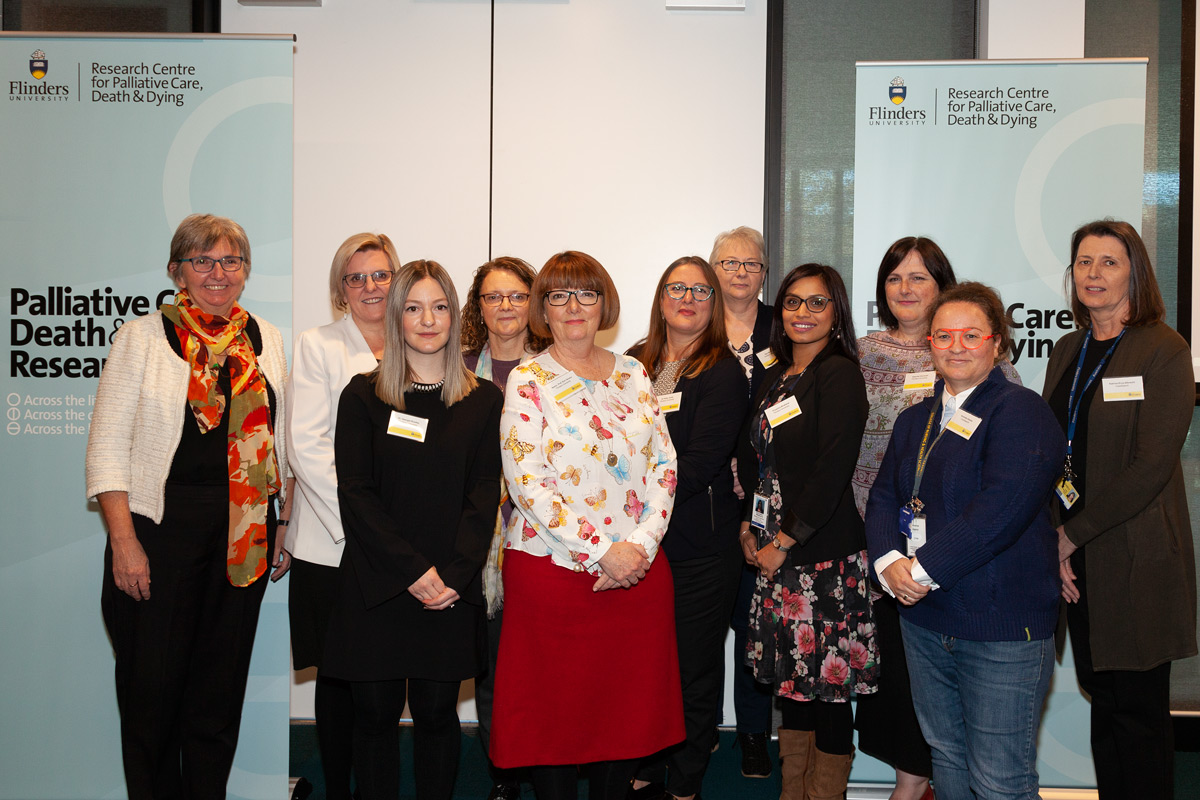
With Australia’s death rate set to double in the next 25 years, more than 50% of us die in acute-care settings, often alone and hidden from society.
Dying is normal but the difficult task of addressing end-of-life care is generally left to health professionals.
Making society and community groups – including patients, family and carers – more active in a broadly “acceptable, compassionate and equitable” conversation is the aim of a new research hub at Flinders University which builds on a long history of best practice in end-of-life care.
“We do a lot of planning with pregnancy and our lifelong finances, but what about the end of life?” asks says Professor Jennifer Tieman, director of the new Flinders Research Centre for Palliative Care, Death and Dying.
“The topic is very important for all of us and is the focus of widespread research, including to expand support for dementia patients and their families, and older Australians with progressive chronic and acute diseases and symptoms.
“We need to equip patients, their families and carers and health professionals with positive and helpful information – particularly given the demographic rise in the baby boomer generation and overcrowding of public hospitals and residential care facilities.”

From end-of-life hospice, home or residential care, to discussing advance care directive legislation and ‘how to die with dignity’, evidence-based research that recognises the diversity of our population is vital, according to specialist Flinders University researchers.
The new Flinders University research centre – launched ahead of National Palliative Care Week (19-25 May) – brings together a critical mass of experts in the field who have a track record in progressing end-of-life care.
Aged and palliative care researchers at Flinders University are investigating the ‘future of death’ as part of the rollout of a suite of online and personalised tools to help make death and dying a more accessible and ‘palatable’ topic for everyone.
Online resources, for patients, families, carers, clinicians and other health workers, have been compiled by experts – with Australian Government funding – at the free CareSearch website and specialised End of Life Directions for Aged Care (ELDAC) site, and delivered to the community via online courses such the successful Dying2Learn MOOC.
“Few of us like to think too much about the end of our lives, however death is a part of life. One Australian dies every 3 minutes and 17 seconds, and the death rates is projected to double in the next 25 years as the ageing population increases,” says Associate Professor Kim Devery, who will present the Flinders University BRAVE public lecture in Adelaide on 22 May 2019.
“We’re proud to have recently reached a milestone of 10,000 doctors, nurses and allied health professionals undertaking our modules to develop their endof-life care education,” says Association Professor Devery, who helped compile the End-of-Life Essentials toolkit for staff in acute-care hospitals.
“We need to address – How do we practice when cure is not the goal?”
“How will discussions and planning for the end of life happen in the future?
“Can we make end-of-life planning acceptable, compassionate and equitable for all?”
‘Dying matters: Improving end-of-life care’ is the topic of a free public lecture at Flinders University, Victoria Square, city commencing at 5.30pm on Wednesday 22 May 2019, all welcome.

